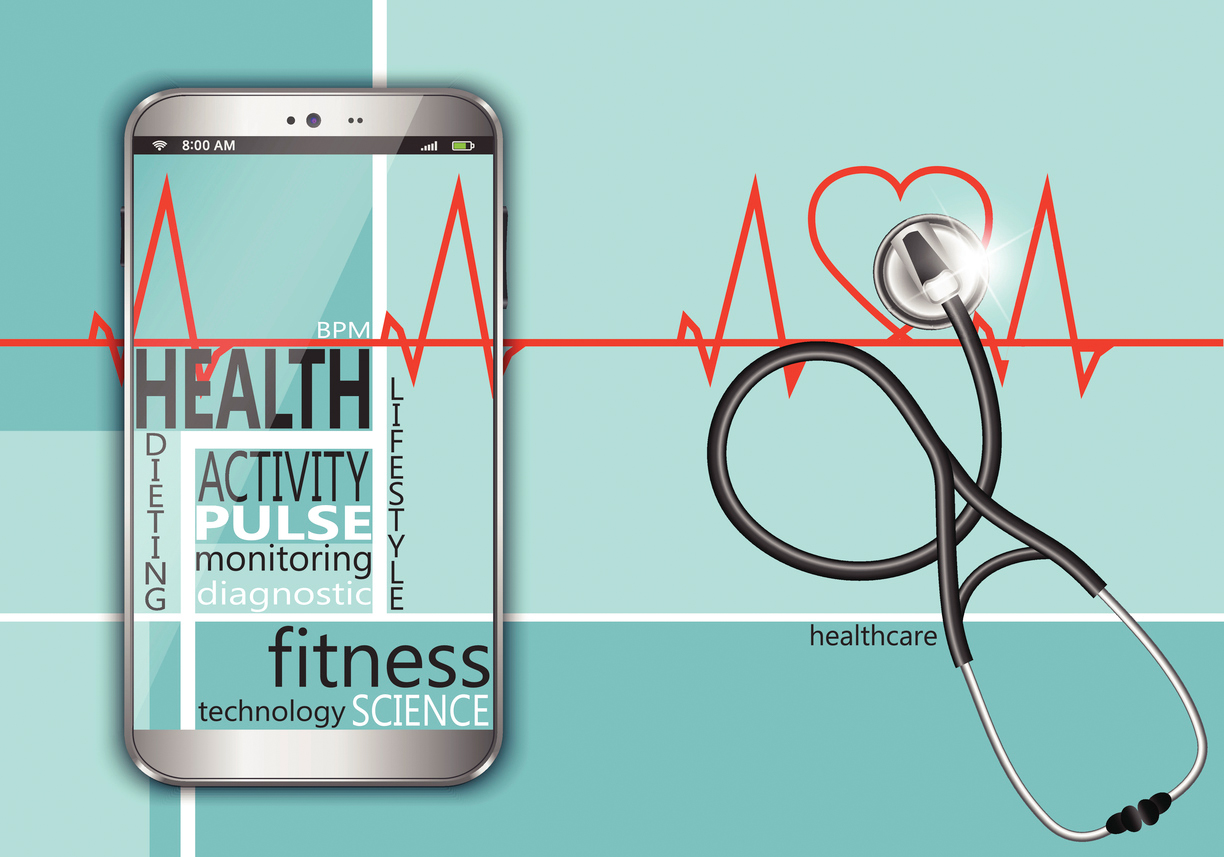When it comes to the quality of patient care, we can’t ignore any source that provides viable insights. Machine learning is one such source…and it’s driving healthcare advances by offering diagnostic help that analyzes big data. Unsure what machine learning is? Click to learn more.
How machine learning is used in healthcare:
Cancer Research
Cancer researchers have utilized machine learning for 20 years, but the technology advancements have added the ability to predict cancer and provide prognoses.
With the availability of more biomarkers and the ability to assess clinical factors, computers have more data points to analyze.
Health factors provide a basis for pattern recognition and prediction including:
- age,
- weight,
- family history,
- smoking habit,
- and exposure to environmental factors.
Newer imaging technology (fMRI, PET, micro-CT scans, digital mammography), combined with other data (clinical, lab, physiological) increases the number of parameters for computer analysis. Add in actuarial data and the computer has a solid foundation on which to build a fact-based health forecast.
Smart Technology
We have the ability to gather vast stores of data on health and wellness, a process made even easier by wearable technology, like the smartwatch.
Data like heart rate, weight, and pulse are simple to collect with wearable technology.
Healthcare technology’s rapid advancement is driving the shift toward predictive medicine.
Predictive Analytics
Geneia specializes in predictive analytics for the healthcare industry. Their focus has been on elevating the quality of patient care while lowering the cost. Geneia’s CEO Heather Lavoie sees machine learning and wearable technology as essential components of this effort.
“Machine learning allows us to see patterns in the data that we couldn’t see before. And with wearable medical devices and sensors, we can bring in so much more information,” Lavoie explains. “Air-quality information, humidity, number of times they’ve opened the refrigerator, used the toilet, etc., and we are able get a more robust picture of an individual and trends across populations.”
Using Geneia’s platform, Theon, and a wearable device with a sensor, Lavoie says they can proactively respond when there’s a sign that an event might be coming.
“If your grandmother has suffered congestive heart failure and is recuperating at home, wearable medical devices can quickly catch changes in her weight or pulse oxygen levels or respiration rate,” Lavoie says. “We can bring all this data into the Theon application and to detect and alert earlier than ever before when health might be deteriorating.”
People are living longer. Predictive medicine will be essential to ensure those longer lives are also healthier ones.
